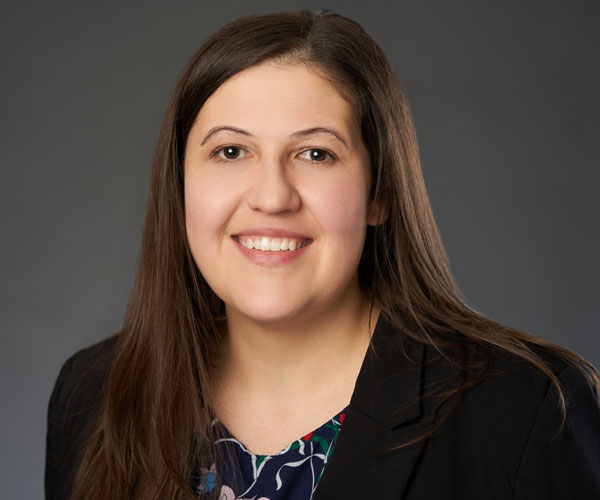TCPA – What is an Autodialer?
As credit unions work to provide information to their members remotely, in the past couple of months we have had some questions on the Telephone Consumer Protection Act (TCPA) consent requirements for texting or calling members using an autodialer. This includes whether the TCPA has any flexibility for contacting due to a pandemic.
As background, some may recall that in 2015, the Federal Communications Commission (FCC) issued a TCPA Order that, in part, broadly defined what technology might constitute an “autodialer” and fall within the scope of the requirement to receive either prior express consent or prior express written consent to call or text a consumer. Under this past Order, even a system with the “potential” to make autodialed calls seemed to potentially fall within the rule’s consent requirements. NAFCU members can find more background on this here.
Multiple groups challenged the FCC's 2015 Order in federal court, including NAFCU and in March 2018 a federal appeals court in DC struck down much of the 2015 Order in the ACA International v. FCC case (more details in this NAFCU Compliance Blog post and NAFCU Compliance Monitor article). This included rejecting the FCC’s 2015 broad interpretation of an “autodialer.” This has left courts to grapple with applying the TCPA’s statutory definition of an autodialer to determine which technology may or may not be an autodialer for the purposes of the TCPA with differing results. Here is that definition for reference:
“…equipment which has the capacity—
(A) to store or produce telephone numbers to be called, using a random or sequential number generator; and
(B) to dial such numbers.”
One of the first federal appellate courts to revisit the issue after the ACA International case was the Third Circuit, with jurisdiction in Delaware, New Jersey, and Pennsylvania. In Dominguez v. Yahoo, this court refused to adopt a broad definition of autodialer, indicating that simply having a latent or the potential capacity to automatically dial numbers was not sufficient. The plaintiff could not show that Yahoo’s system “had the present capacity to function as an autodialer by generating random or sequential telephone numbers and dialing those numbers.” Rather, Yahoo’s system only sent messages “to numbers that had been individually and manually inputted into its system by a user.” The Seventh Circuit, with jurisdiction in Illinois, Indiana, and Wisconsin, and the Eleventh Circuit, with jurisdiction in Alabama, Florida, and Georgia, took a similar approach.
In September 2018, the Ninth Circuit took a different approach that was more similar to the FCC’s 2015 TCPA Order in Marks v. Crunch San Diego, LLC. This court has jurisdiction in Alaska, Arizona, California, Hawaii, Idaho, Montana, Nevada, Oregon, and Washington. Finding the TCPA’s statutory definition “ambiguous,” this court an autodialer includes technology with “the capacity to call numbers produced by a ‘random or sequential number generator,’ but also includes devices with the capacity to dial stored numbers automatically.” Technology need not be “fully automatic” to be an autodialer, in this court’s view. In April 2020, the Second Circuit took a somewhat similar approach, and that court has jurisdiction in Connecticut, New York and Vermont.
Overall, courts continue to wrestle with this which means credit unions may need to be aware of what standard may apply in the areas in which they operate. This article from a law firm from November 2019 tracks some of these cases and outcomes in some federal trial courts to give a sense of the lack of clarity. This helpful law firm blog tracks TCPA case outcomes. NAFCU continues to advocate for TCPA reform, most recently joining a petition seeking more flexibility for credit unions to communicate with their members and share important information during the ongoing pandemic.
Some that operate in many states/jurisdictions may opt to follow the most conservative standard if there is a benefit in following a uniform approach. Credit unions may benefit from consulting with counsel to help determine how courts in its areas of operation have addressed the autodialer issue and how to mitigate risks in this area. In the meantime, NAFCU will continue to seek clarity for credit unions and keep you posted.
About the Author
Brandy Bruyere, NCCO, Vice President of Regulatory Compliance/Senior Counsel, NAFCU
 Brandy Bruyere, NCCO was named vice president of regulatory compliance in February 2017. In her role, Bruyere oversees NAFCU's regulatory compliance team who help credit unions with a variety of compliance issues.
Brandy Bruyere, NCCO was named vice president of regulatory compliance in February 2017. In her role, Bruyere oversees NAFCU's regulatory compliance team who help credit unions with a variety of compliance issues.
